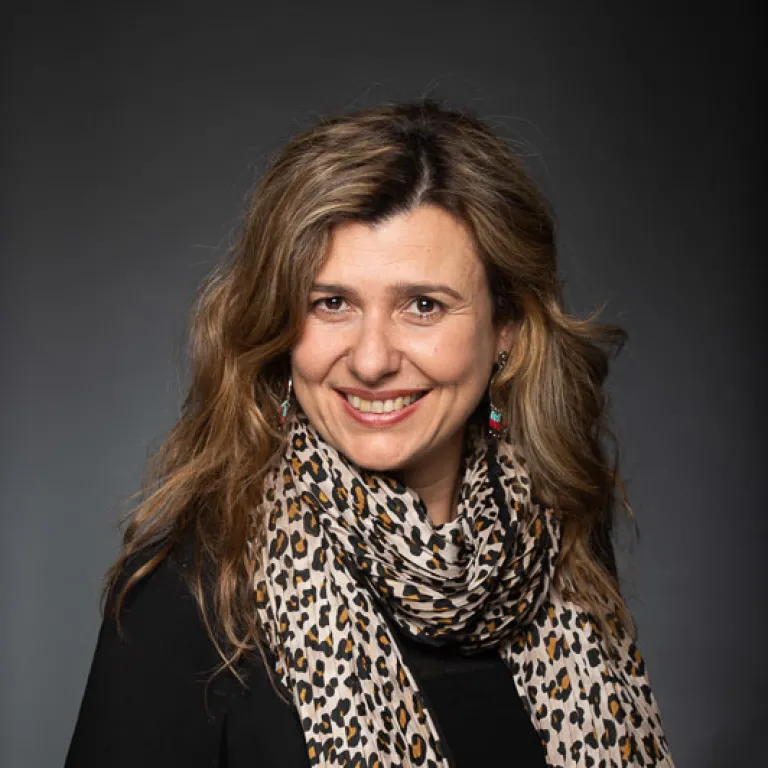
Margarida Garcia
Profile
Margarida Garcia is a full professor in the Faculty of Law and in the Department of Criminology with the Faculty of Social Sciences and Director of the Leadership Academy at the University of Ottawa. Professor Garcia is interested in the themes of leadership, innovation, and obstacles to innovation in legal reform (particularly in the field of penal law and human rights), and institutional change. She approaches these themes through the interdisciplinary perspective which characterized her university studies (law, criminology, sociology).
Today, Professor Garcia is involved in the development of a discovery paradigm in research and teaching, favouring the equal promotion of epistemology (knowledge of knowledge) and ontology (knowledge of existence). She explores this paradigm through the themes of leadership with an approach which is anchored in the humanities (ontological leadership), and by turning the classroom into an experiential and transformational laboratory.
Professor Garcia is also specialized in epistemological and methodological reflection in empirical legal research. She was lauded for best thesis in the Faculty of Social Sciences and Humanities of l’Université du Québec à Montréal (2011). Since then, her research has been showcased at national and international conferences, and in publications in Canada, Brazil, Argentina, Belgium, Italy, and France.
Professor Garcia holds a PhD in sociology (law), a master’s degree in criminology, a law degree, and a post-graduate degree in law.
Experience as a Pierre Elliott Trudeau Foundation Scholar
Having a Trudeau scholarship made a difference in my university career on several levels. First of all, the Trudeau Foundation actually applies and puts into action the values it embraces, and for this reason I was able to benefit from this scholarship despite the fact that I am not yet a Canadian citizen. I mention this because this spirit of openness and the Foundation's concrete interest in specific projects and ideas, no matter who is behind them, allowed me to work in the very best conditions and gave me access to advantages and benefits that would otherwise have been beyond my reach. In this sense, I believe the Trudeau scholarship is unique and exceptional. From another angle, I would like to point out that the Foundation greatly contributed to my understanding of Canadian society and, by extension, to my integration into this culture. Through the Foundation I had enriching and stimulating contact with people from civil society, the business world, the artistic community, political decision-makers, non-governmental organizations, academia and more. As I often told my friends, every Trudeau meeting was like a combined shot of adrenaline, inspiration and humility. The Foundation has the talent of finding exceptional researchers and human beings who create such a strong group synergy that it is impossible to leave this community untouched. The scholarship allowed me to work with determination and zeal, and with respect for Time (that rare commodity): my personal learning time but also the time of my research topic, an emerging phenomenon little studied at present. The annual travel allowance that is part of the Trudeau scholarship was essential for my doctoral research.

